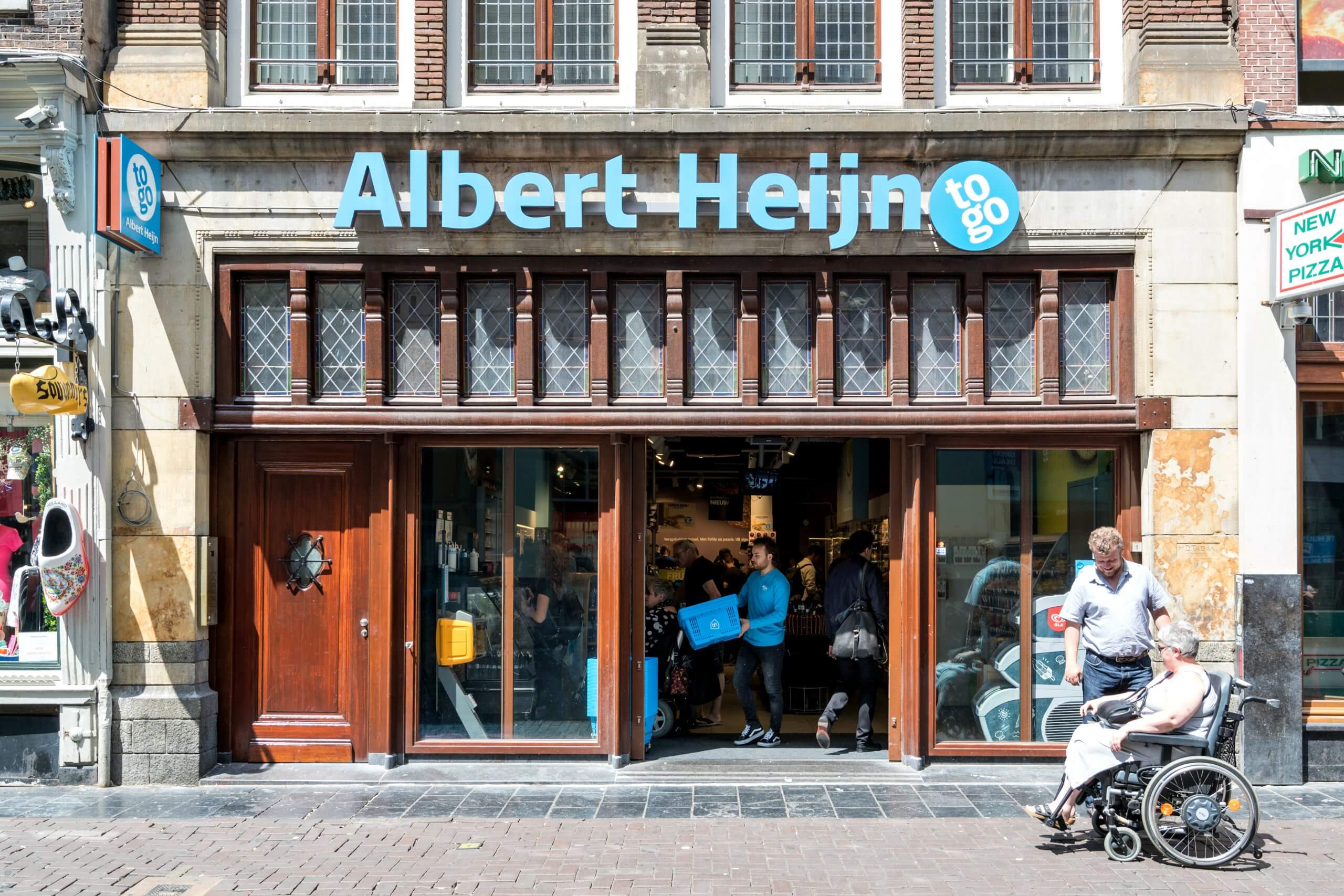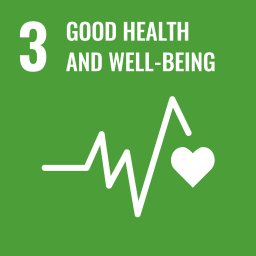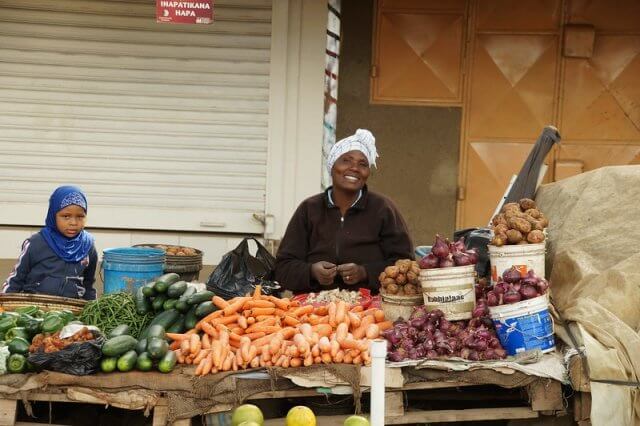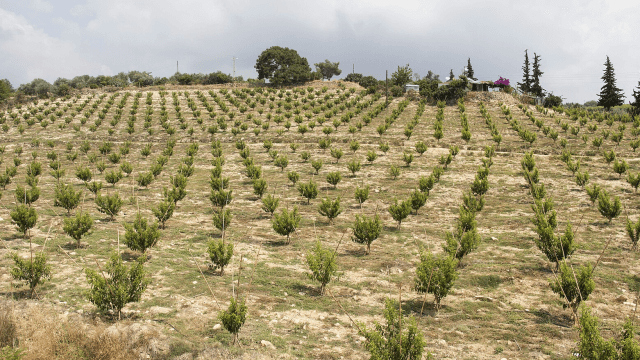The action and its aims
The Dutch supermarket chain Albert Heijn has voluntarily made changes to in-store supermarket environments to encourage healthier food choices. The changes include adding healthier snacks at the checkout counters in 500 supermarkets throughout the country. In addition, young supermarket employees have been trained as Healthy Supermarket Coaches (HSC) to give workshops about healthy eating to local secondary school students. The changes are part of Amsterdam’s flagship Healthy Weight programme (Dutch acronym AAGG), the overall aim of which is to create a healthier food environment for children and their parents in disadvantaged neighbourhoods in Amsterdam and to study the effectiveness of efforts.
When it was introduced
The actions were introduced at the end of 2015/beginning of 2016.
Why it was needed
The action forms part of city-wide efforts to combat child overweight and obesity in Amsterdam.
Who initiated it, who is involved
AAGG officers formed a network with the Amsterdam Health and Technology Institute, researchers from the Vrije Universiteit Amsterdam, and Albert Heijn, to encourage changes on the part of businesses.
Impacts to date
Evaluation showed that the placement of healthier snacks at supermarket checkouts led to marginal sales of these snacks; customers did not replace less healthy snacks with the healthier snacks. Replacing the total assortment of less healthy snacks with healthier substitutes resulted in a reduction of almost 60% of total checkout sales. Nutritional knowledge and attitudes towards healthy eating improved among students who attended a workshop with an HSC. Moreover, students evaluated the HSC positively and indicated that they learned to make healthy and affordable food choices within the supermarket.






